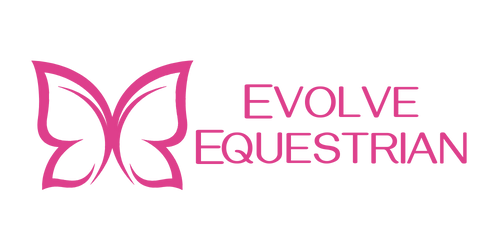Hypnosis - Common Myths and Misconceptions
Myths and Misconceptions about Hypnosis and Hypnotherapy
Popular culture representations of hypnosis and personalities like Paul McKenna and Derren Brown maintain perceptions of what hypnosis is, how it is delivered, and what happens to people in hypnosis. This differs greatly to those who work with a registered hypnotherapist as part of a structured treatment plan.
Isn’t hypnosis is a bit woo woo? Categorised as a complementary alternative medicine, hypnosis has been the subject of clinical trials, research studies, peer reviewed papers having been in existence in some form since the 1700’s. It was recognised by the British Medical Association (BMA) and American Medical Association (AMA) in the 1950s and, more recently, by the American Psychological Association. It is an approved branch of Psychotherapy.
All registered hypnotherapists must adhere to the code of ethics of their governing body. Even if this was not the case, my belief is that any work I do with hypnosis must be congruent (for the benefit of the client and those around them) and morally upstanding.
As a hypnotist using hypnosis within a Cognitive Behavioural Therapy framework I work in the present and to create future proof coping strategies. I do not accept clients looking for regression therapy or those wanting to delete or hide memories and lived experiences.
There can be the perception that hypnosis will be accessing your ‘subconscious’ or ‘unconscious’ mind and can remove or uncover repressed memories. Science shows we do have active and automatic parts of our brain that store information and run processes automatically. Think about giving someone your phone number, it’s not something you have at the ‘fore front’ of your mind, you know the information you want and the brain knows how to retrieve it.
It must be clear that a hypnotist can not make you do whatever they want – there is no external mind control involved in hypnosis. Any suggestions given as part of the process are agreed in advance, and as before must be ethical in nature. Clinical studies have shown that (for research purposes) clients will not accept or respond to suggestions that go against their morals or ethical beliefs. As a client you always remain in control.
Clients may be concerned that they won’t remember what happens within a session and have an expectation that they will be asleep or in a ‘trance’. Many people do find they have a very relaxing experience which is itself a benefit when working with issues such as anxiety. It is also possible to use hypnosis in an ‘active’ state especially of use in the context of sports performance.
The premise of hypnosis is having focused attention on suggestion clients remain mentally active and aware of what is being said. For me one of the key elements of hypnosis is that you do remember. That this is embedded in you and can be recalled at times of need. One common example is the suggestion “you are capable and can do difficult things”, if you can focus on this and instil as a core belief it transforms the way you view and approach challenges in the future.

